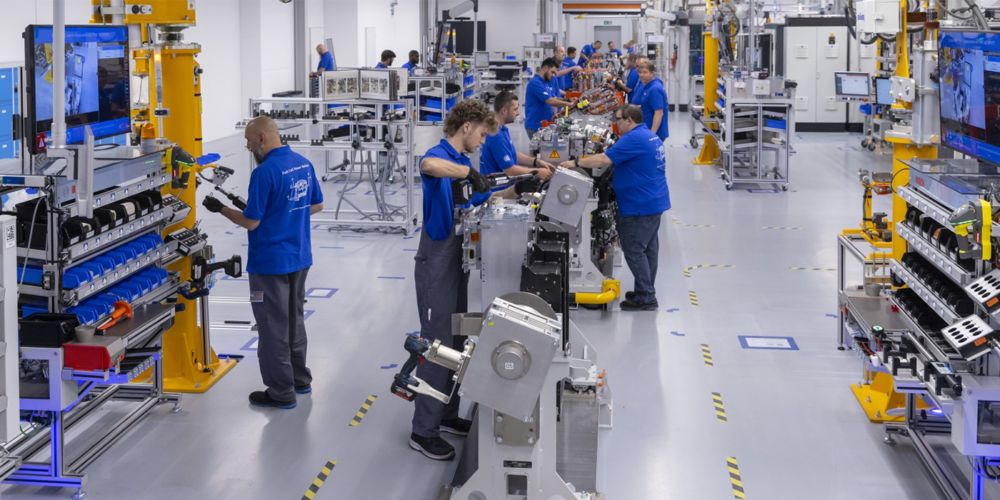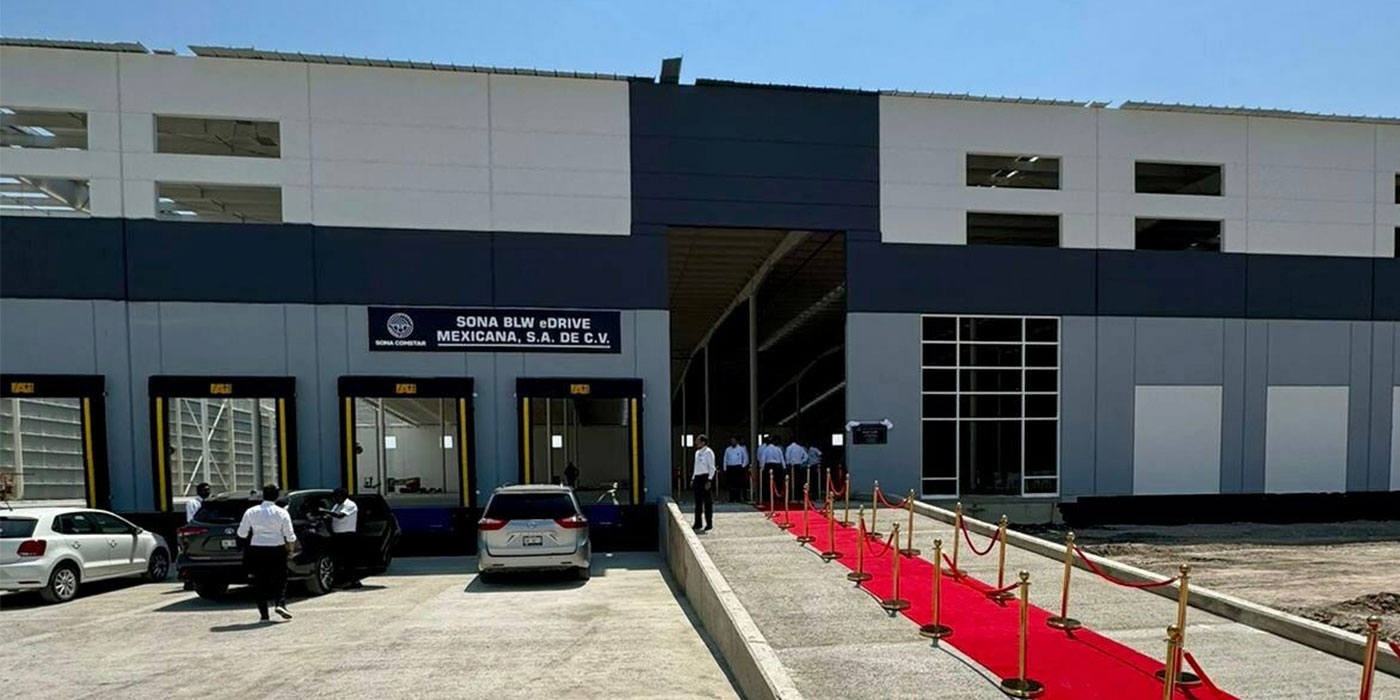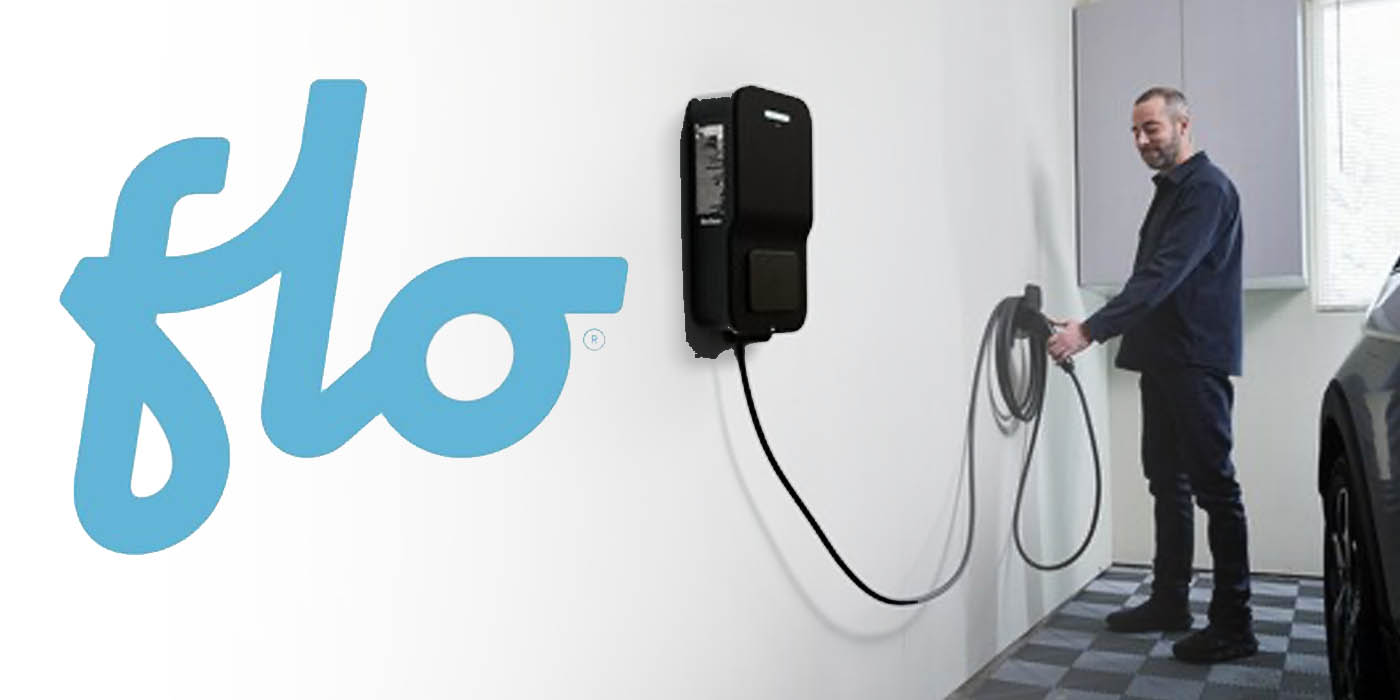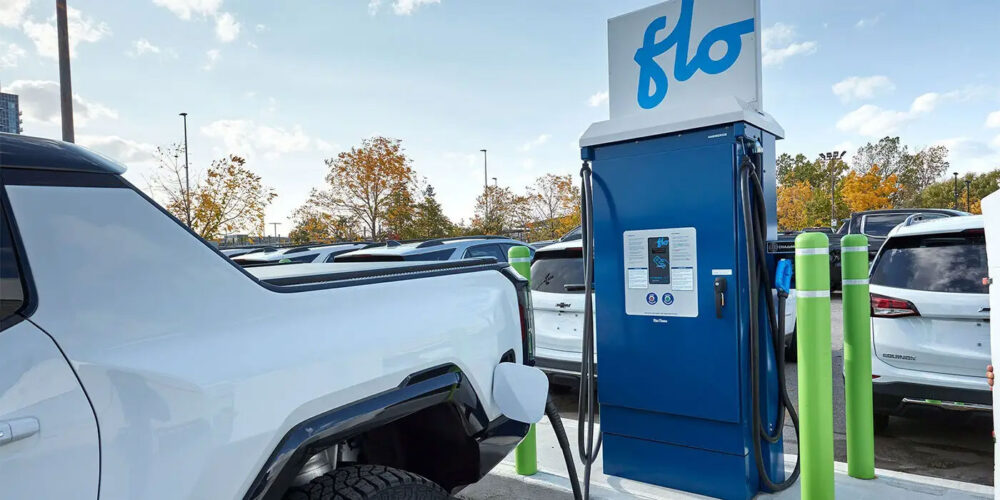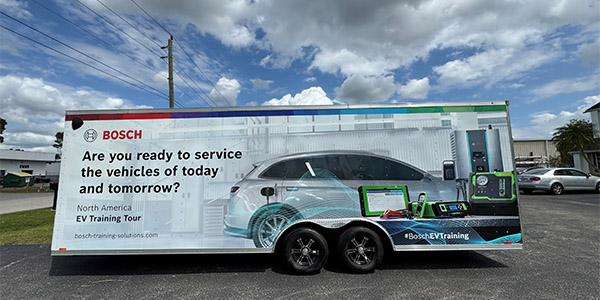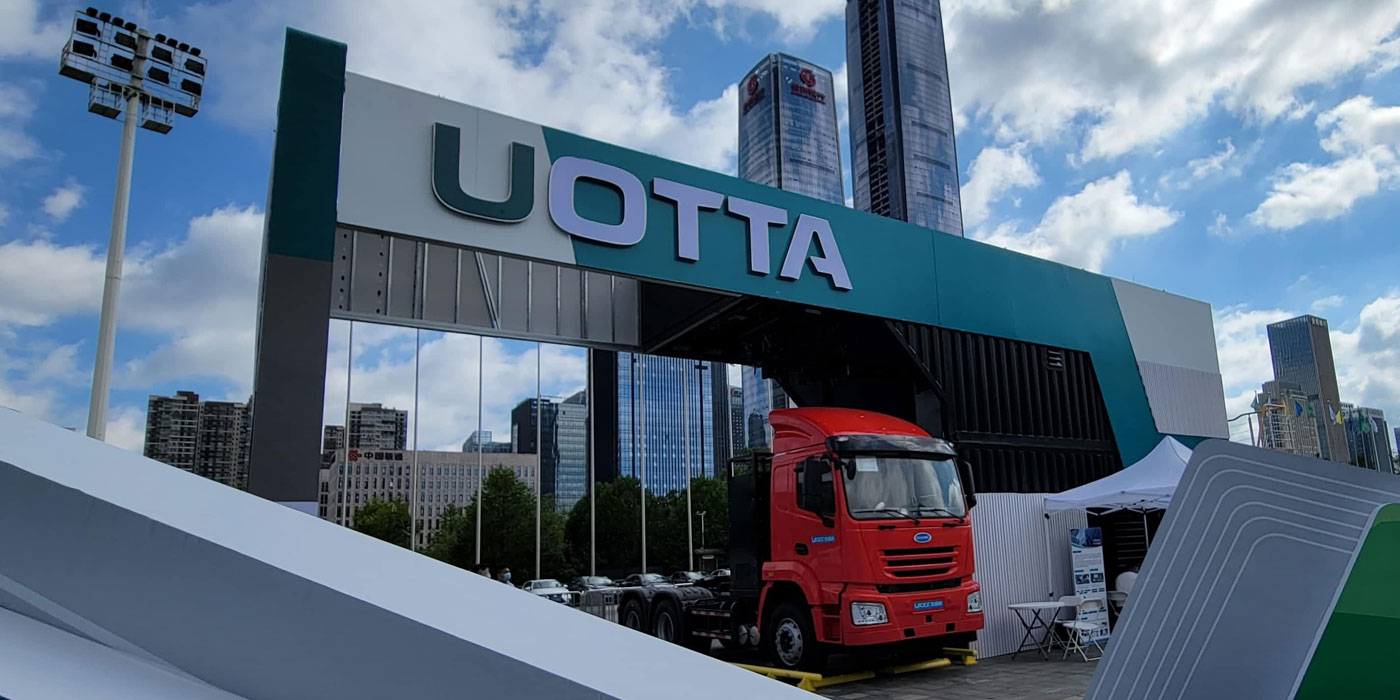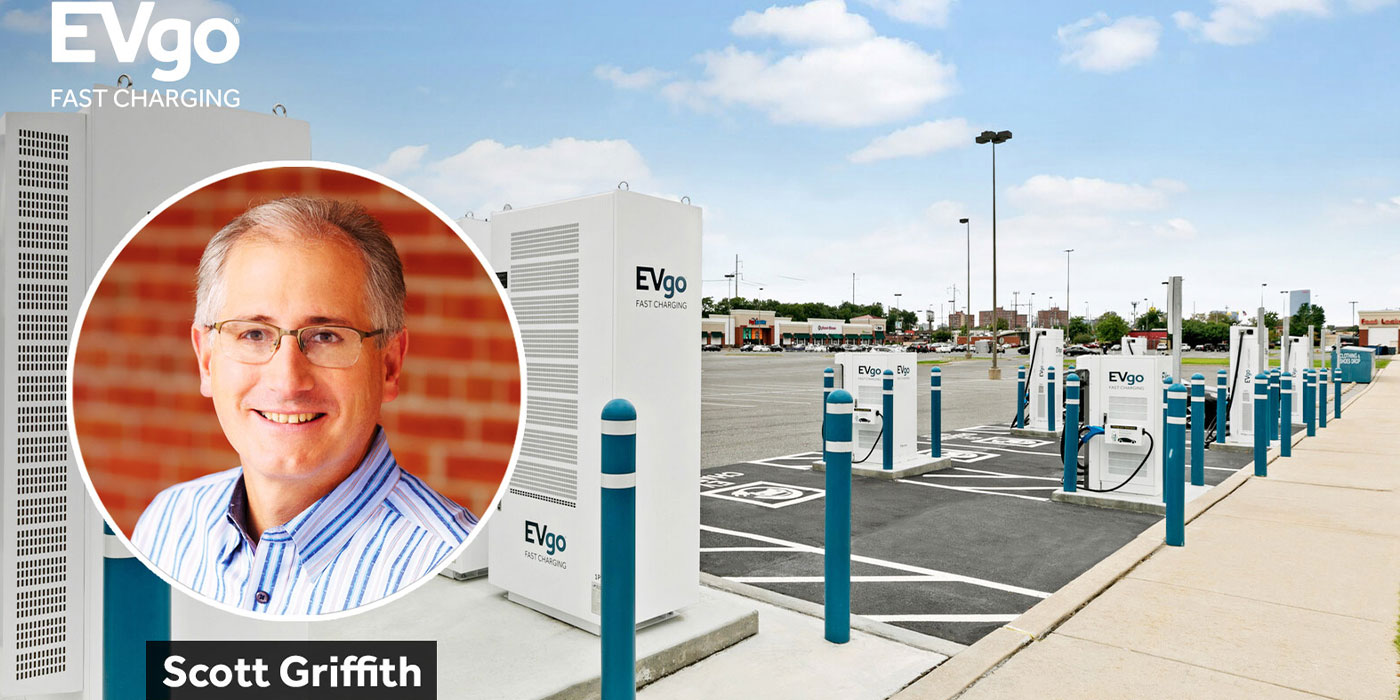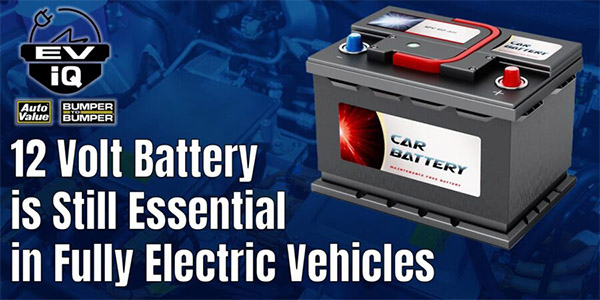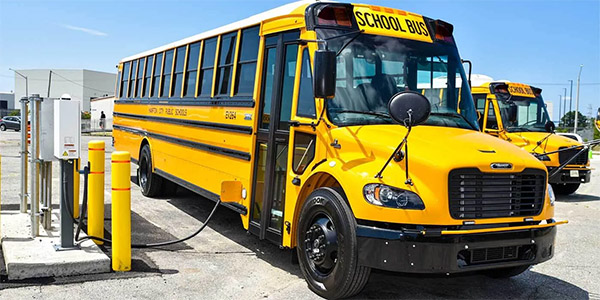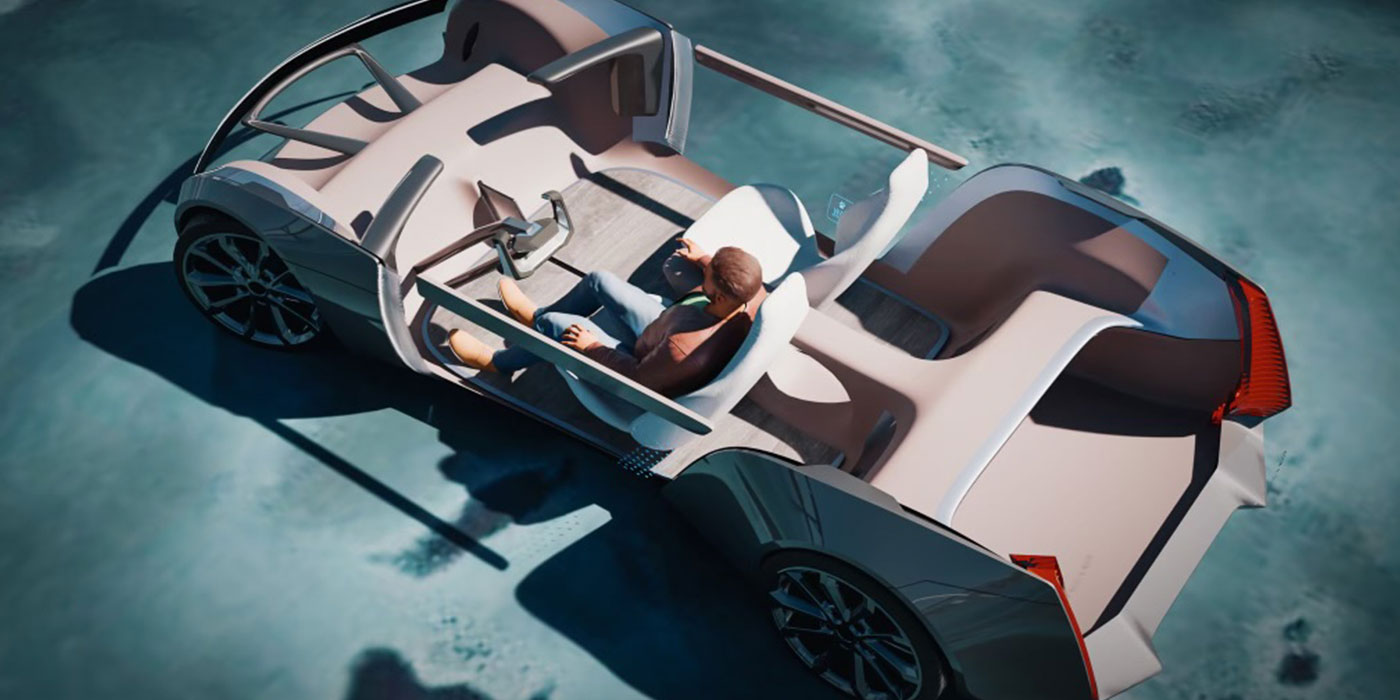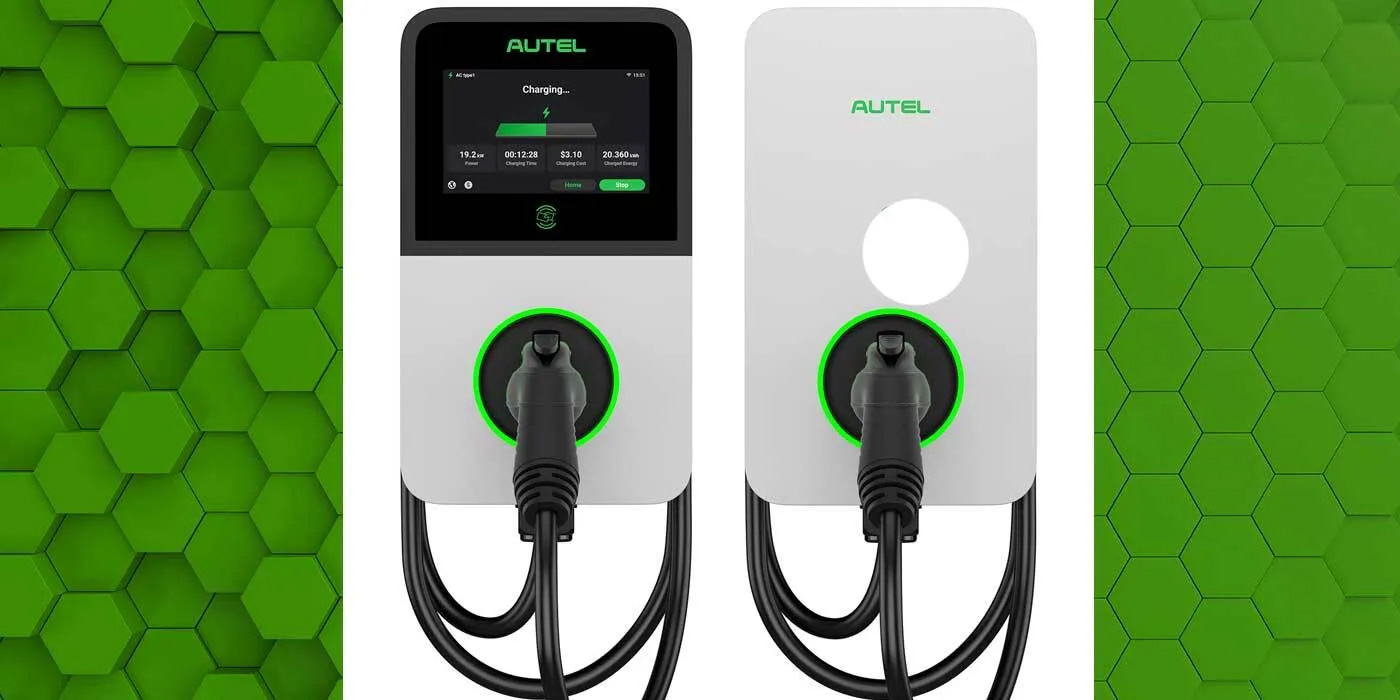Bosch is entering the hydrogen age of mobility, the company said. At its Stuttgart-Feuerbach location, the supplier of technology and services has now begun volume production of its fuel-cell power module. Nikola Corporation, based in the US, will serve as the pilot customer with its Class 8 hydrogen fuel cell electric truck, which is scheduled to enter the North American market in the third quarter of 2023.
“Here in Stuttgart-Feuerbach, in the plant whose history goes back further than any other Bosch plant, the hydrogen future is about to happen,” said Dr. Stefan Hartung, the chairman of the board of management of Robert Bosch GmbH, at the Bosch Tech Day 2023. “Bosch knows its way around hydrogen, and Bosch is growing with hydrogen.”
The company said it operates along the entire hydrogen value chain, developing technology for its production and application. By 2030, Bosch plans to generate sales of roughly 5 billion euros ($5.6 billion) with hydrogen technology.
This is just one step in Bosch increasing its investments in hydrogen. Between 2021 and 2026, Bosch will have invested a total of nearly 2.5 billion euros (approx. $2.81 billion) in the development and manufacturing of its H2 technologies– $1 billion euros more than was earmarked in the investment plan for 2021 to 2024. The company said more than 3,000 people at Bosch are working on hydrogen technologies with more than half of them in Europe.
The company also explained that further prospects for its hydrogen business depend on the political environment. Hartung said he believes that Europe must do more to create a counterweight to the rapid pace of developments in other regions of the world, such as the United States. More specifically, the Bosch chairman has four demands of German and European policymakers:
“First, we have to step up the pace of hydrogen production in the EU. Second, global supply chains have to be set up, and third, hydrogen has to be used in all sectors of the economy.”
As a fourth point, he stressed the importance of quickly setting up infrastructure for distributing hydrogen in Europe.
At the start of 2023, Bosch started constructing prototypes for electrolysis using proton exchange membranes, or the reverse of the energy conversion method used in mobile fuel cells. Starting in the fall, the company intends to make 1.25-megawatt prototypes available for pilot applications and is on track to start volume production in 2025.
Bosch will continue to explore several options for the use of hydrogen, the company said. Stationary This includes working on the hydrogen engine, developing systems for both port and direct injection of hydrogen. This solution is particularly suitable for heavy vehicles on long hauls with especially heavy loads., the company said. The H2 engine is expected to launched in 2024. The company is expecting six-figure unit volumes by 2030.

